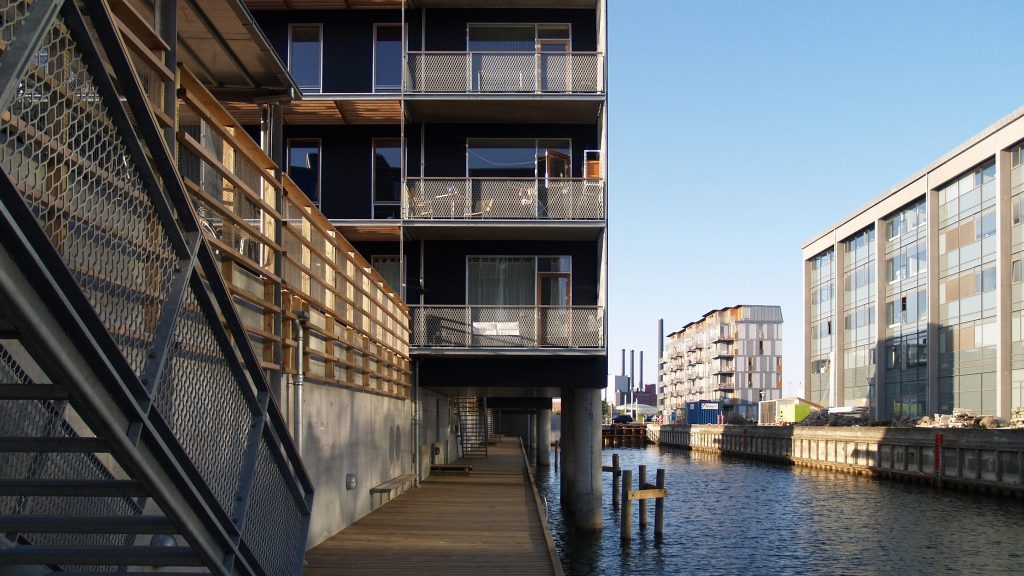
by Bertrand Deprez, EU-ASE Board Vice-chair & Mohammed Chahim, Member of the European Parliament
This op-ed was published on Euractiv
In the COVID-19 aftermath, making our buildings energy efficient is key to reconcile Europe’s climate objectives with rapid economic recovery. To get this done we need an ambitious policy roadmap at EU level.
The European Union is facing a great challenge: how to quickly re-build Europe’s economy in the context of Covid-19 while ensuring to keep itself on the path to become climate neutral by 2050.
Against this background, investing in decarbonising buildings is key to reconcile climate objectives and economic recovery, in a virtuous way. Indeed, the renovation wave is one of the key pillars of the European Green Deal, which should be at the core of the post-COVID-19 recovery plan.
The reasons beyond this are easy to grasp. Buildings are the single largest energy consumer with approximately 40% of EU energy consumption. This value is estimated to go up to 50% if the construction industry and its upstream value chain are included.
Moreover, as urbanisation increases sharply, up to 68% by 2050 versus 55% today, with a multiplication by 2 of existing building stock globally, in Europe, the volume of floor additions could top 20 billion square meters by 2050.
The building sector represents today 7-10% of the workforce in OECD, a major source of employment, hence economic growth and social welfare, with SMEs contributing to more than 70% of the value-added in EU’s building sector. This represents about 18 million direct jobs.
Buildings are where people live and work, and where people spend 95% of their time. Enabling the transition towards buildings of the future could enable new ways to manage energy through local energy communities and ‘prosumers’ (consumers who both consume and produce energy, usually electricity).
Finally, Europe has a lot of strengths in this area, with leading players covering the whole spectrum of the value chain (construction industry, technology providers, utilities, services business, and specialised software companies).
In this context, investing in energy efficiency in buildings is a unique opportunity to realise a “Just transition”. Just transition because contributing to creating local jobs, pulling out low-income people from energy poverty, providing decent and comfortable environments, and on-boarding citizens in a local vision of the energy transition.
Buildings of the future can be at the heart of the green transition in Europe if we manage to combine the principle of energy efficiency first with the deployment of distributed energy resources and the rise of digital technologies. These are the conditions for the ultra-efficient buildings of tomorrow to become the critical pillar of a fully decarbonised energy system.
Achieving that requires adopting a system efficiency approach for our buildings, our urban districts, and our cities. Such an effort would be worthwhile because it could transform our buildings into prosumers and fundamentally change how people, how end-users consume and produce their energy.
For all of that to become a reality, we need an ambitious policy roadmap at EU level that shall focus on three points:
Going for an integrated policy approach based on a combination of regulatory and financial incentives with the objective to make buildings net zero-carbon by 2050 in Europe
Mobilising investment to support the deployment of technologies that are critical to achieve both efficiency (e.g. insultation, district heating, digital tools like BIM, electric vehicles, heat pump, solar panel) and demand-side flexibility to accelerate the integration of buildings into a fully decarbonised energy system.
Scaling-up the renovation rate by making of ‘building renovation’ a strategic value chain and bringing all players of the value chain to work together and develop a marketplace for building renovation at European level
In addition, at the EU level, we need to make the renovation wave initiative one of the strong drivers to stimulate our economies across Europe. In this light, it is key to accelerate energy efficiency in the building space, including by implementing existing rules and adopt new financial and regulatory incentives to promote building renovation.
This would allow building the energy efficient homes and buildings of tomorrow, thus paving the way for both economic recovery and the green transition.
